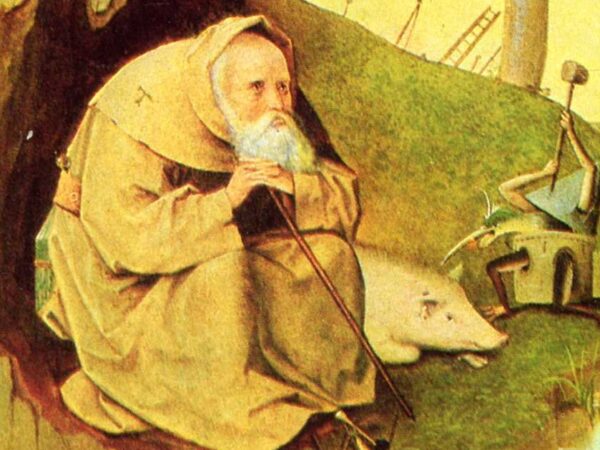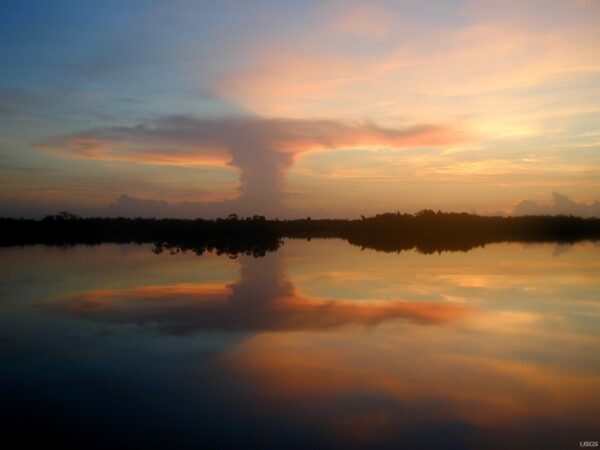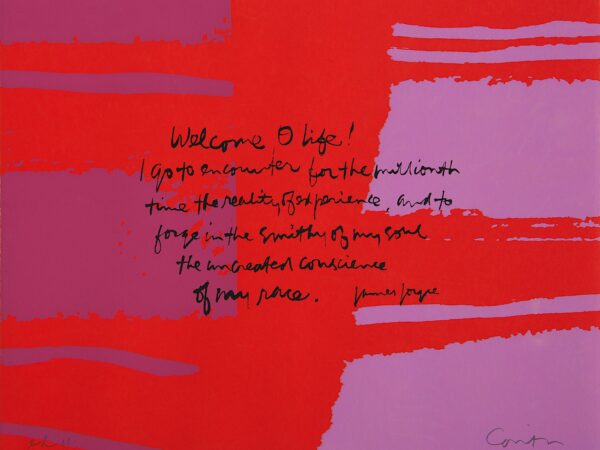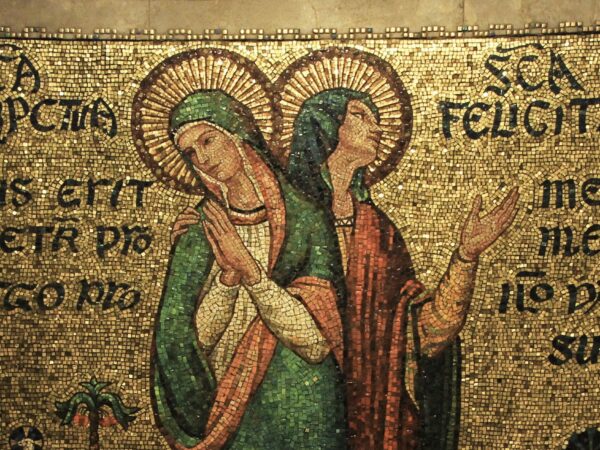
There’s an understandable temptation to think that climate disaster is nature’s way of rebelling against the Anthropocene. But this is a dangerous way of thinking we should ward against.
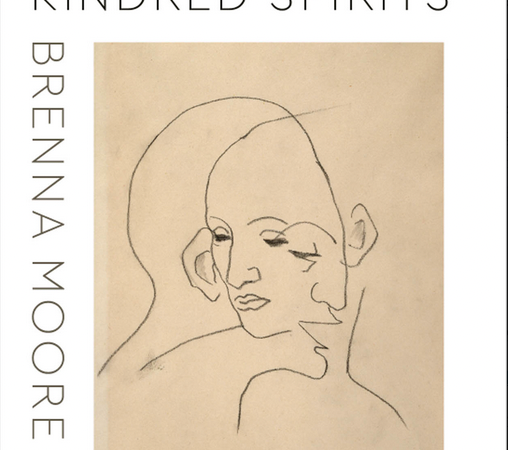
“Both authors travel to the margins and then send back a warning signal to fellow scholars about the limits and potential intrusiveness of our established methods.”
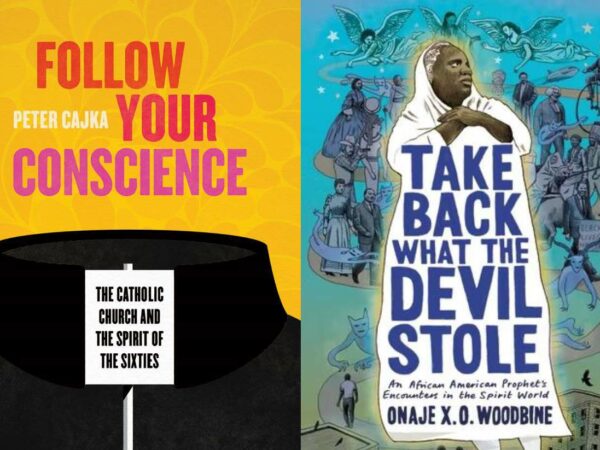
Woodbine’s beautiful narrative is extraordinarily self-aware, and deeply humane. Haskins’ own voice is strong, active, present throughout. I had not planned to read it in one sitting but I literally could not put it down. Only a couple miles northwest of Haskins’ Roxbury, in the mostly Irish Catholic neighborhood of Chestnut Hill near Boston College, there is a totally other religious and cultural world. This is the place of white priests, educated Catholics, lecture halls, and the circuits of urban Catholic power. Particularly in the 1960s and 70s, it might as well have been another planet from Afro-Caribbean Roxbury.
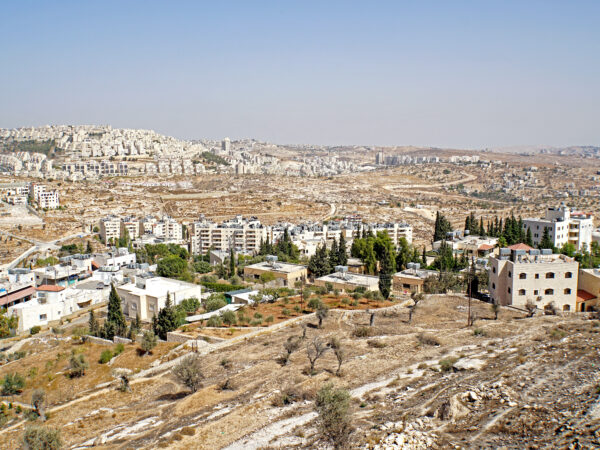
This essay traces the story of Marie-Thérèse Lacaze, a French woman whose experience of Catholic communal life in solidarity with the poor and disenfranchised in Palestine eventually led her to denounce both the state of Israel and the Catholic Church as unjust institutions failing to live up to the ideals on which they were founded.
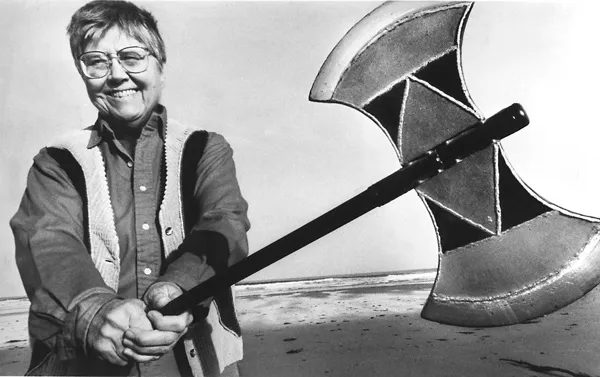
Despite her rejection of Catholicism as irredeemably patriarchal, this essay explores Mary Daly’s complicated relationship with her theological past. Daly offers a vision for “boundary living” — where institutional disaffiliation creates a space for creatively reclaiming and reconstructing the tradition.
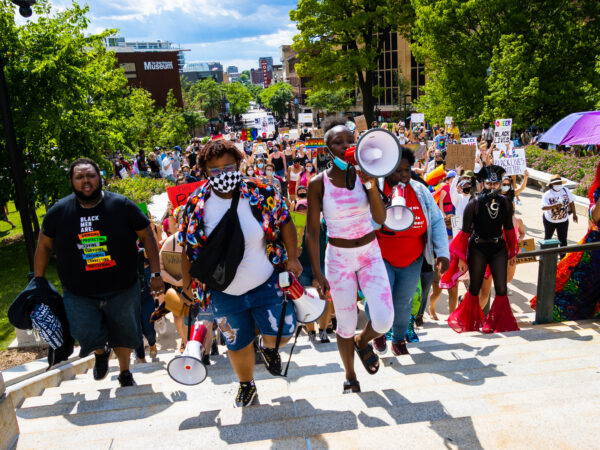
Because of its deployments within white supremacist and heteronormative projects, the natural law has not been seen as a partner in liberative ethical projects. Considerations with respect to José Muñoz’s concepts of disidentification and brownness, however, allow for a rapprochement between queer-of-color epistemologies and a Thomistic epistemology of the natural law.
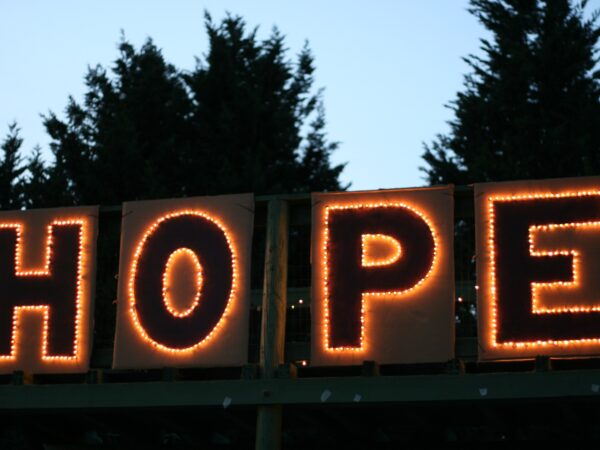
Judith Butler’s work in queer theory inspires Catholics to consider the material relations of the body and contributes to a mystical-political, eschatological hope.
